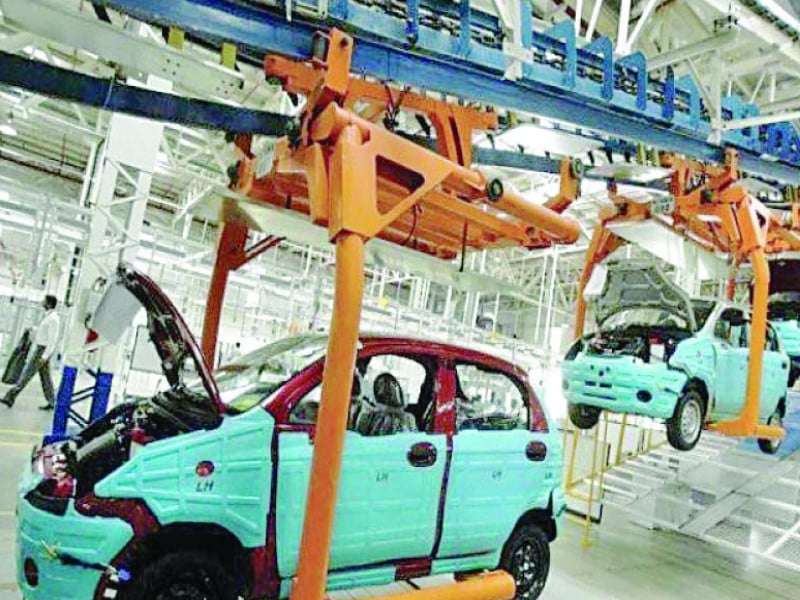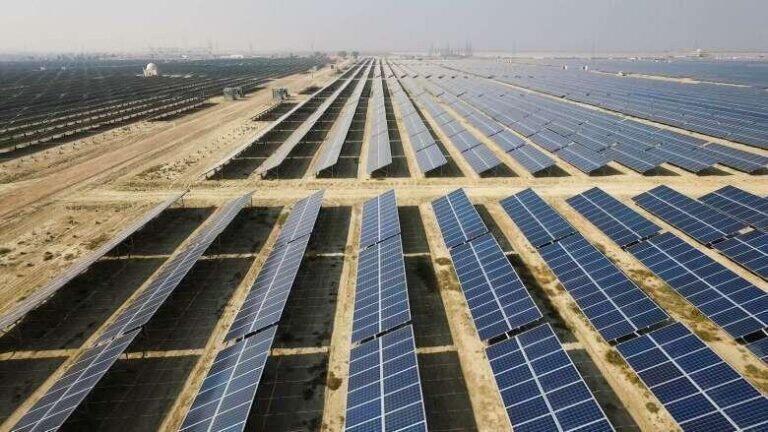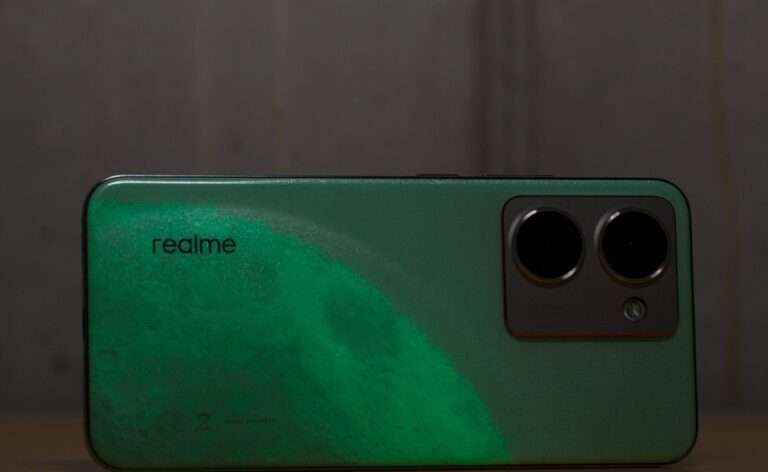
|
Getting your Trinity Audio player ready...
|
In recent discussions, local auto manufacturers have raised significant concerns regarding the proposed New Energy Vehicle (NEV) policy. This policy, which aims to promote the use of electric and hybrid vehicles in Pakistan, could have profound impacts on the local automotive industry. The manufacturers fear that the policy may allow unrestricted imports of completely built units (CBUs) at significantly lower duty and sales tax rates, which could disrupt the local market.
Impact on Local OEMs and Parts Manufacturers
Threat to Market Share
The Pakistan Automotive Manufacturers Association (PAMA) has expressed that the proposed NEV policy might lead to the unrestrained import of CBUs, which are fully assembled vehicles imported into the country. This could result in a substantial loss of market share for local original equipment manufacturers (OEMs). Currently, local OEMs dominate the market by producing vehicles and creating employment opportunities for thousands.
Adverse Effects on Parts Manufacturers
Local parts manufacturers could also face severe consequences if the NEV policy is implemented without amendments. The influx of CBUs would reduce the demand for locally manufactured parts, thereby stifling the growth of the parts manufacturing sector. This sector is crucial for the overall health of the automotive industry as it provides the necessary components for vehicle assembly.
Stunted Growth of the Auto Industry
The proposed policy could hinder the growth of the local auto industry. Since 2008, successive auto policies have aimed to create a balanced tariff system across different types of vehicles, including internal combustion engines (ICE), hybrid electric vehicles (HEV), plug-in hybrid electric vehicles (PHEV), and electric vehicles (EVs). The current policy, AIDEP 2021-26, has been designed to encourage investment and ensure consistency in the market. Any drastic changes to this policy could undermine these objectives and discourage further investments.
Government Subsidies and Financial Implications
Proposed Subsidies
The government has proposed subsidies under the NEV policy, including Rs50,000 for electric two-wheelers and Rs200,000 for three-wheelers. While these subsidies aim to make NEVs more affordable for consumers, they could also have financial implications for the government and the economy.
Reduced Policy Rate
In addition to subsidies, the State Bank of Pakistan (SBP) has reduced the policy rate from 22% to 15%. This reduction, coupled with the proposed NEV policy, aims to make financing more accessible for consumers. The scheme will be launched with Kibor plus 3%, and the instalment plan will extend to two years, with consumers paying Rs9,000 per month.
Concerns Raised by PAMA
Unrestrained CBU Imports
PAMA Director General Abdul Waheed Khan has highlighted the apprehensions of local manufacturers regarding the proposed NEV policy. In a letter to the Engineering Development Board (EDB), he emphasized that unrestrained CBU imports at significantly reduced duty (25%) and sales tax (10%) rates could undermine current investments and discourage further investment in the auto sector.
Impact on Used Car Market
The import of used cars already takes away almost 30% of the market share annually. Allowing further CBU imports as outlined in the proposed policy could erode the market share even more, potentially devastating the local auto industry. PAMA has recommended a concurrent change to the used car import policy, suggesting that market share should be taken either by used cars or CBU imports, but not both simultaneously.
Localisation and Investment Requirements
Unlike the current policy, the proposed NEV policy lacks provisions requiring importers or investors to make subsequent investments for localisation. This could lead to short-term profiteering rather than fostering genuine manufacturing capabilities. PAMA has stressed the importance of maintaining localisation requirements to ensure long-term industry growth.
Recommendations and Proposals
Amendments to the Current Policy
PAMA has recommended amending the current policy to accommodate the promotion of NEVs while ensuring consistency and fostering investor confidence. This approach would maintain the objectives of the AIDEP 2021-26 policy and support the growth of the local auto industry.
Renewable Energy Vehicles
In addition to electric and fuel cell vehicles, PAMA has proposed including renewable energy vehicles, such as biogas fuel vehicles, in the definition of NEVs. This inclusion would diversify the options available under the NEV policy and support environmental sustainability.
Local Manufacturing Requirements
PAMA has suggested that CBU imports should only be allowed for companies that meet the minimum local manufacturing requirements as outlined in SRO 656. This requirement would ensure that imported vehicles have aftersales and technical support, preventing the creation of a “junkyard” effect.
Continuation of Current Policy Provisions
The current policy for HEVs and PHEVs should remain in place until 2030. Any additional incentives provided for PHEVs should also be extended to HEVs to maintain a balanced approach.
Alignment of Duties and Incentives
Duties and incentives for NEVs should be aligned with those for other vehicles, at least from the third year. Only new models launched after the announcement of the NEV policy should be eligible for incentives, ensuring a fair and competitive market.
Conclusion
The proposed NEV policy has raised significant concerns among local auto manufacturers. While the policy aims to promote the use of electric and hybrid vehicles, it could have profound impacts on the local automotive industry if implemented without amendments. PAMA has recommended several changes to the policy to ensure consistency, support investor confidence, and foster the growth of the local auto industry.
FAQs
What is the NEV policy?
The NEV policy is a proposed initiative aimed at promoting the use of New Energy Vehicles, including electric and hybrid vehicles, in Pakistan. It includes subsidies and reduced duty and sales tax rates for imported completely built units (CBUs).
Why are local auto manufacturers concerned about the NEV policy?
Local auto manufacturers fear that the NEV policy could lead to unrestrained imports of CBUs at significantly lower duty and sales tax rates. This could result in a loss of market share for local original equipment manufacturers (OEMs) and negatively impact parts manufacturers.
What impact could the NEV policy have on the local auto industry?
The NEV policy could stunt the growth of the local auto industry by undermining current investments and discouraging further investment. It could also reduce the demand for locally manufactured parts, affecting parts manufacturers.
What recommendations has PAMA made regarding the NEV policy?
PAMA has recommended amending the current policy to accommodate the promotion of NEVs while ensuring consistency and fostering investor confidence. They have also suggested including renewable energy vehicles in the definition of NEVs and maintaining localisation requirements.
What are the financial implications of the NEV policy?
The NEV policy includes subsidies for electric two-wheelers and three-wheelers, as well as a reduced policy rate from the State Bank of Pakistan (SBP). These measures aim to make NEVs more affordable for consumers but could have financial implications for the government and the economy.






